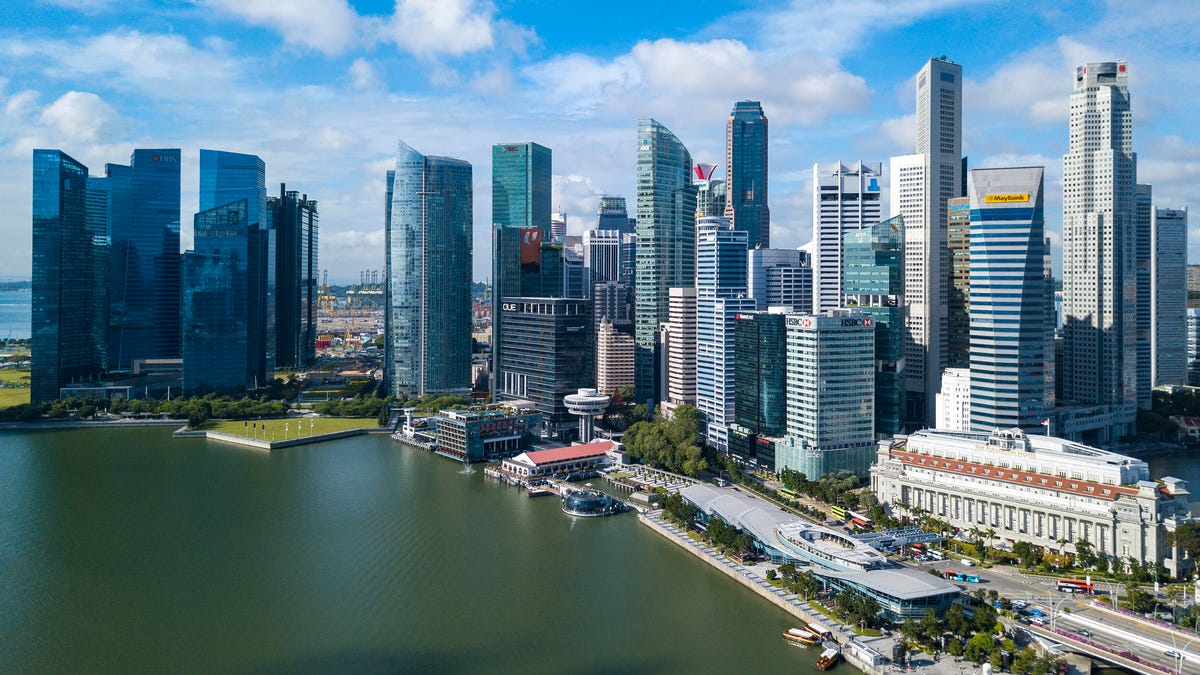Singapore chooses Nokia, Ericsson over Huawei to build core 5G networks
Singapore is the latest country to leave Huawei with a limited role in the development of 5G networks.

Singapore is set to begin rollout of its 5G services early next year.
Singapore's top telecom providers selected European telecoms Ericsson and Nokia over Huawei to develop the city-state's main 5G network, joining a growing list of countries that have limited the Chinese company's role in building the next-generation wireless network.
Singapore Telecommunications, which is the country's largest telecom, chose to use equipment from Sweden's Ericsson after a "rigorous tender process," while the StarHub-M1 joint venture picked Finland's Nokia after Singapore gave the final green-light to telecoms for the city-state's 5G rollout. Huawei, meanwhile, will work with Australia's TPG Telecom's which is set to build a smaller network in Singapore.
The announcement comes after several countries including the UK and Canada reduced or eliminated Huawei's role in developing 5G networks amid pressure from the US to exclude the Chinese telecom on national security grounds.
But Singapore's Minister for Communications and Information S. Iswaran emphasized that Singapore Telecommunications didn't "exclude any vendor," in an interview with Bloomberg on Thursday. "You have a diversity of vendors involved in different aspects of the world 5G system."
Huawei declined to comment.
Singapore left it up to telecom providers to choose their network vendors provided they met certain criteria, which included security and performance. The telecoms won 5G licenses in April but had yet to complete the required regulatory processes, including the selection of their preferred frequency spectrum lots, vendor partners and other technical and legal matters, the Infocomm Media Development Authority (IMDA) said Wednesday.
The US has long alleged that Huawei maintains a tight relationship with the Chinese government and that equipment from the company could be used to spy on other countries and companies. Huawei has repeatedly denied this.
Singapore is set to roll out its 5G service early next year, with plans to cover the entire city-state by 2025. 5G is the next generation of wireless networks that has been rolling out across the world. It's live in a number of major US cities, as well as parts of China, South Korea and the UK, among other countries. The new technology is set to make downloads and uploads ultrafast, but it's also poised to power everything from self-driving cars to advanced augmented reality experiences.

